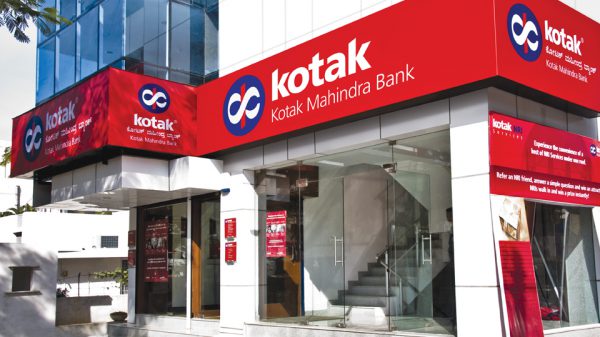What's the news: The Reserve Bank of India (RBI) on December 7 announced that it will soon introduce single block and multiple debits functionality in UPI. What is single block and multiple debits functionality? "The capabilities in UPI can be enhanced to enable a customer to create a payment mandate against a merchant by blocking funds in his/her bank account for specific purposes which can be debited, whenever needed. This would be helpful for hotel bookings, purchase of securities in the secondary capital market [...], e-commerce transactions etc," RBI explained. "This will build higher degree of trust in transactions as merchants will be assured of timely payments, while the funds remain in the customer’s account till actual delivery of goods or services," RBI added. Currently, UPI allows for single block single debit functionality wherein customers can block one debit transaction in their account and recurring mandates wherein customers can register a mandate for repeating transactions. Both of these features don't allow users to block amounts for multiple transactions. Why does this matter: This new feature will add to the versatility of UPI, which is already the most popular mode of digital payment in India. One industry that is likely to benefit from this new functionality appears to be the stock broking industry. In a Twitter thread, Nithin Kamath, Founder and CEO of India's largest stock broker Zerodha, explained the benefits of the single block and multiple debits functionality: https://twitter.com/Nithin0dha/status/1600443800442527744?s=20&t=b0-43yQatEhSpdTA1YbTZg Also Read Why Has The Deadline To Comply With UPI Market Share Cap Been Extended By The…





























